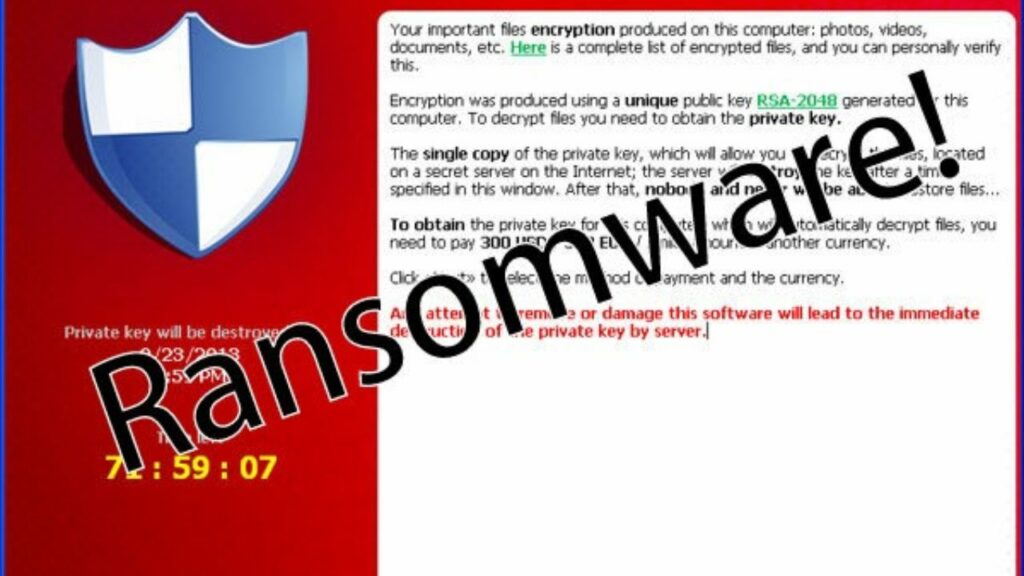In a significant cybersecurity incident, C-Edge Technologies, a joint venture between the State Bank of India (SBI) and Tata Consultancy Services (TCS), faced a ransomware attack on July 31. This attack led to a temporary service collapse affecting nearly 300 small Indian local banks, primarily rural and cooperative banks that rely on C-Edge for tech support.

Immediate Impact and Precautionary Measures
Service Disruption
The attack disrupted critical banking services, including ATM withdrawals and Unified Payments Interface (UPI) transactions. Customers of the affected banks experienced significant inconvenience, with money being deducted from senders’ accounts but not credited to receivers’ accounts.
NPCI’s Response
The National Payments Corporation of India (NPCI), which manages UPI, took immediate precautionary measures by temporarily cutting off C-Edge from accessing retail payment systems. In a statement, NPCI confirmed the ransomware attack and its impact on a few of C-Edge’s systems. The organization emphasized the temporary nature of this measure to safeguard the broader payment infrastructure.
Restoration Efforts and Ongoing Challenges
Restoration Timeline
Authorities have been working diligently to restore banking services, aiming for a resolution by August 1. Media reports suggest that the situation is being handled on a war footing, with a third-party audit conducted to assess and mitigate the damage.
Scope of Impact
Despite the widespread disruption, the overall impact on the country’s payment system volumes is relatively minor, affecting only about 0.5% of total transactions. Nonetheless, the incident has caused significant issues for users of the 300 affected banks, particularly in rural areas.
Broader Implications
Cybersecurity Concerns
This ransomware attack highlights the vulnerabilities within the banking sector, especially among smaller financial institutions dependent on third-party tech providers. The incident underscores the critical need for robust cybersecurity measures to protect against such threats.
Industry Response
In response to the disruption, the National Cooperative Union of India chairman, Dileep Sanghani, acknowledged the challenges faced by the affected banks, including 17 district cooperative banks in Gujarat. Sanghani noted the ongoing issues with online transactions and emphasized the urgency of restoring normal operations.
Conclusion
The ransomware attack on C-Edge Technologies and the subsequent disruption of services at nearly 300 local banks underscore the importance of cybersecurity in the financial sector. As authorities work to restore services and assess the damage, this incident serves as a stark reminder of the potential risks and the need for continuous vigilance and robust security measures.











